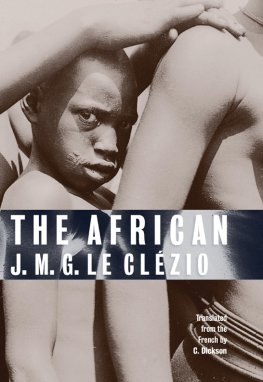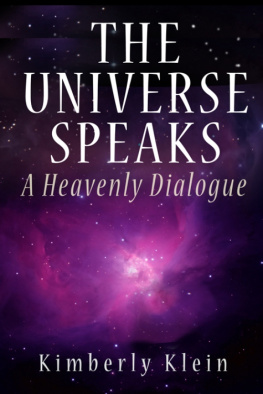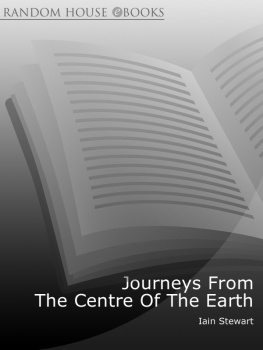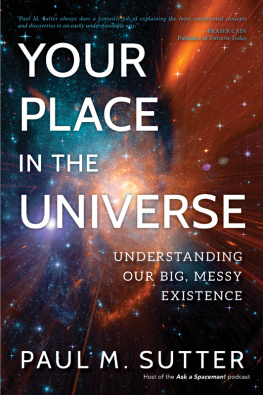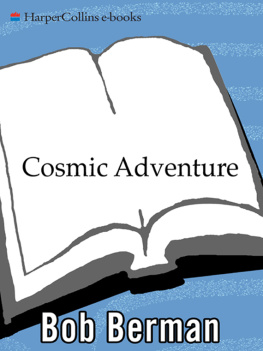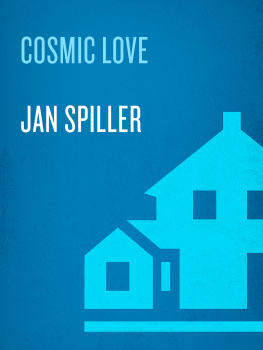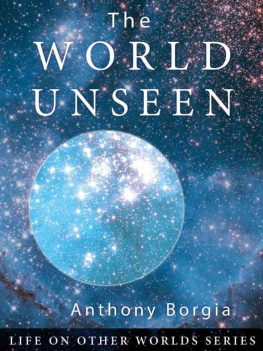J.M.G. Le Clzio
Terra Amata
J. M. G. Le Clzio was born on 13 April 1940 in Nice and was educated at the University College of Nice and at Bristol and London universities. His knowledge of English enabled him to work closely with his translator on his debut novel, The Interrogation, which won the Prix Renaudot in 1963. Since then he has written over forty highly acclaimed books and has been translated into thirty-six languages. The Interrogation is published by Penguin and three of his early novels are now Penguin Modern Classics: The Flood, Terra Amata and Fever. Le Clzio divides his time between France (Nice, Paris and Brittany), New Mexico and Mauritius. In 2008 he was awarded the Nobel Prize for Literature.
Youve opened the book at this page. Youve turned over two or three pages, glancing idly at the title, the name of the author, the publisher, and perhaps youve looked for the phrase in quotation marks thats nearly always to be found at the beginning of novels because it looks well and the author covers himself to a certain extent by referring to someone more important than he is. In this case the phrase might have been: I am one of you, a grain, one of you Shining Vibrating Burning I was in the Bibliothque Nationale one day and a woman of about fifty with a rabbits-fur hat on came up to the table where I was sitting, held her hand out shyly, and said, I m Maria Michal-owicz Perhaps These poems They were very good poems, and if Id quoted anything at all Id have been glad to quote a line from one of them.
But to continue: youve opened the book. You bought it in a bookshop, or someone gave it to you as a present, perhaps a birthday present. Why this book rather than another? There are so many novels in the bookshops, so many love-stories, detective-stories, adventures, thrillers. There are so many intriguing titles, so many books that are all the rage, with pictures and conversation and psychology on every page. Sometimes they have such lovely titlesA Scent of Pines, Dum-dum Symphony, Say it with Prunes! The Praying Mantissuch lovely titles, and the names of strange, mysterious cities: Manila, Hongkong, Arequipa, Tokyo, Reykjavik, Vladivostock, and so on. And such beautiful dust-jackets: a pretty girl without any clothes on holding a revolver, or stretching out her arms to embrace you. There are so many interesting books, so much crime and violence and exoticism and eroticism. So why this book? But of course theres always art, literature, the books you can leave lying about on your bedside table and not be ashamed of; theres always culture. All thats too complicated to talk about, and too dangerous as well, perhaps Anyway, there you are with this book open in front of you, about twelve inches from your face. Youve already flicked through the pages, glancing at a line here and there to see what its all about, or in the hope of finding a spicy bit. Then you probably decided to read it; thats what people generally do with books. You made yourself as comfortable as possible and opened it. If you bought it at a railway station along with two or three newspapers, you probably gave a thought while you were choosing it to the people whod be sitting opposite you in the compartment. Its a shield you hold in front of you to ward off the gossip and curiosity of your neighbours. The jolting of the train makes the lines jump up and down, so its difficult to read. The monotonous sound of the wheels on the rails gradually penetrates and anaesthetizes you. You wont get far. Soon youll shut your eyes and try to go to sleep. Or youll lay the book aside for your magazine, and re-read the story in pictures of the latest plane crash, or about a war in some country somewhere with an unpronounceable name. But perhaps youre not on a train. Perhaps youre in the passenger-lounge of an airport and have got to wait there all night for a connection. You bought the book at a kiosk and then went and sat down on the cushions of an excessively deep armchair. Youve lit a cigarette and begun to read, while the maddening voice of the automatic girl echoes all over the airport: Flight SAS 612 for Frankfurt, immediate boarding gate number 19. Vol SAS 612 pour Franc-fort, dpart immdiat porte numro 19. Everything sparkles in the bald light falling relentlessly from the flat ceilings and reflected back from plastic, glass and metal surfaces. The hours are long and empty; unreal. Here the book is no longer just a shield. Its also a weapon, a revolver with which you could shoot at all these spotless windows, all these bustling, distant silhouettes.
But perhaps you arent travelling. In that case youre just sitting at home in your chair with a glass of something in your hand and your slippers on. You read without haste, just skipping one or two lines occasionally, rarely a whole page. You picked up two or three books at once, selecting this one at the last minute because it happened to be on top. Unless youre on your bed. Lots of people like to read lying down. The only thing is if you stay too long in one position, leaning on your right elbow, say, you soon get cramp. But you can read in any position, even kneeling down or standing on one foot. Theres no compulsory attitude for cultivating the mind.
Or you can read on the beach. You put on dark glasses because of the sun and stretch out face downwards on the sand or the pebbles. When it gets too hot you go into the sea for a dip. In that way you can start reading again without realizing youve read that part before, which is never a bad thing when it comes to literature. The book is there, like an object in the midst of life, no more readable and no more lasting than everything else around you. A woman in a bikini walks by; you look at her. Then you turn back to the written word, and its as if the woman in the bikini had really walked right through the story. You have the word table, or mirror, but it might just as well have been cloud or tanker. Its precisely that which is interesting in a book that which is noted in an infinite variety of ways in the one possible way. But what does it matter when and where you read these lines? What does it matter why youre reading, even? It is this reason or that, and it might have been anything. Chance with its million cog-wheels never ceases its wearying grind. What does it matter that there was one to write and another to read? In the last resort, in the very last resort, they are one and the same, and theyve always known it.
Ill begin by saying what kind of a landscape it was. It was a stretch of earth and dry rubble, with a few mountains, a few hills, and, on the other side, the great plateau of the sea. An undistinguished sort of country, but so to speak eternal, where thousands of men and women had been born and then had died, where lizards had slept in their holes, and insects had hummed, and thick-leaved plants and dusty shrubs had sent down their roots, one after the other, calmly, without changing anything. It was a countryside without a name, old like the skin of an old woman, dilated by the day, chilled by the night, washed by the rains, worn by the wind, split by the frost, nibbled at by the sea, furrowed by the streams, dug, sown, ploughed, eaten, trodden down century after century; now and then an earthquake had swept over it thrusting up new peaks, opening new gulfs. But it was as if nothing had happened. The fossil shells remained imprisoned, useless, in their dusty matrices.
Id also like to talk straight away about the sun. Above the hard crust of the earth you can see it seething away like some strange motionless whirlpool. Now, round and livid, its in position for about 2.30 in the afternoon, and theres nothing else but it. Concealed, swollen and distended, behind pale layers of air, it is a burning, staring eye. It understands nothing. It judges nothing. No, it is simply fixed and hard, ceasingly sending out its concentric rings to the earth, while the red mercury column climbs towards 30. Heat comes from and out of it, spreading over the four corners of the sky, and this energy fills everything to the brim like a sandstorm: hard, hard, ramming each of its grains into every available hollow, wearing away, scraping, galling. Today the sun is so heavy and its gaze so painful that its as if it too had been given a name, a name for ever, written down in books, graven on steles of stone, slashed into the leaves of the bald aloes which eternally dry up the eternal scar.


